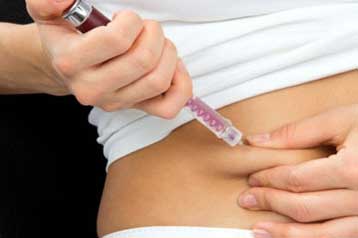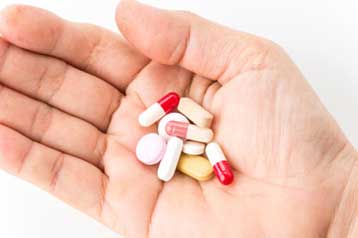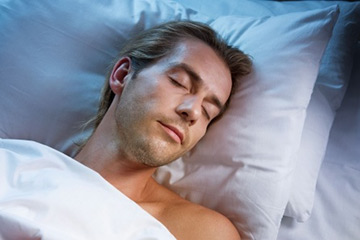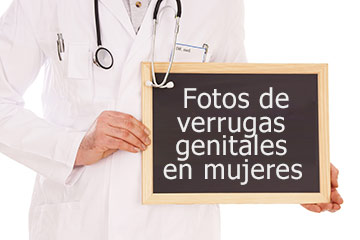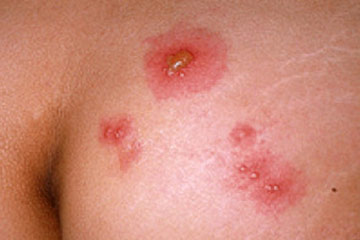Preventing Heat Related Illness
The best defense is prevention.
Here are some prevention tips:
- Drink more fluids (nonalcoholic), regardless of your activity level. Don’t wait until you’re thirsty to drink. Warning: If your doctor generally limits the amount of fluid you drink or has you on water pills, ask him how much you should drink while the weather is hot.
- Don’t drink liquids that contain alcohol or large amounts of sugar–these actually cause you to lose more body fluid. Also, avoid very cold drinks, because they can cause stomach cramps.
- Stay indoors and, if at all possible, stay in an air-conditioned place. If your home does not have air conditioning, go to the shopping mall or public library–even a few hours spent in air conditioning can help your body stay cooler when you go back into the heat. Call your local health department to see if there are any heat-relief shelters in your area.
- Electric fans may provide comfort, but when the temperature is in the high 90s, fans will not prevent heat-related illness. Taking a cool shower or bath, or moving to an air-conditioned place is a much better way to cool off.
- Wear lightweight, light-colored, loose-fitting clothing.
- NEVER leave anyone in a closed, parked vehicle.
- Although any one at any time can suffer from heat-related illness, some people are at greater risk than others.
Check regularly on: -
-
Infants and young children
-
People aged 65 or older
-
People who have a mental illness
-
Those who are physically ill, especially with heart disease or high blood pressure
Anuncios -
- Visit adults at risk at least twice a day and closely watch them for signs of heat exhaustion or heat stroke. Infants and young children, of course, need much more frequent watching.
If you must be out in the heat:
- Limit your outdoor activity to morning and evening hours.
- Cut down on exercise. If you must exercise, drink two to four glasses of cool, nonalcoholic fluids each hour. A sports beverage can replace the salt and minerals you lose in sweat. Warning: If you are on a low-salt diet, talk with your doctor before drinking a sports beverage. Remember the warning in the first “tip” (above), too.
- Try to rest often in shady areas.
- Protect yourself from the sun by wearing a wide-brimmed hat (also keeps you cooler) and sunglasses and by putting on sunscreen of SPF 15 or higher (the most effective products say “broad spectrum” or “UVA/UVB protection” on their labels).
Related Topics
Extreme Heat
-
Exposure to Extreme Heat
-
Extreme Heat Prevention I
-
Extreme Heat Prevention II
-
Extreme Heat Prevention III
-
Preventing Heat Related Illness
-
Heat Stress in the Elderly
Español
-
El Calor Extremo y La Salud
-
Efectos del Calor Sobre la Salud
-
Calor Extremo: Primeros Auxilios
-
Estres por Calor en Adultos Mayores
-
Golpe de Calor e Insolación Tratamiento
-
Protección Solar: Cuide su Piel
-
Proteja los Ojos del Sol
-
Protector Solar para su Piel
-
Salud y Ambiente
.
Autor: Dr. Carlos Muñoz Retana
Actualizado: 11 de Febrero, 2019

